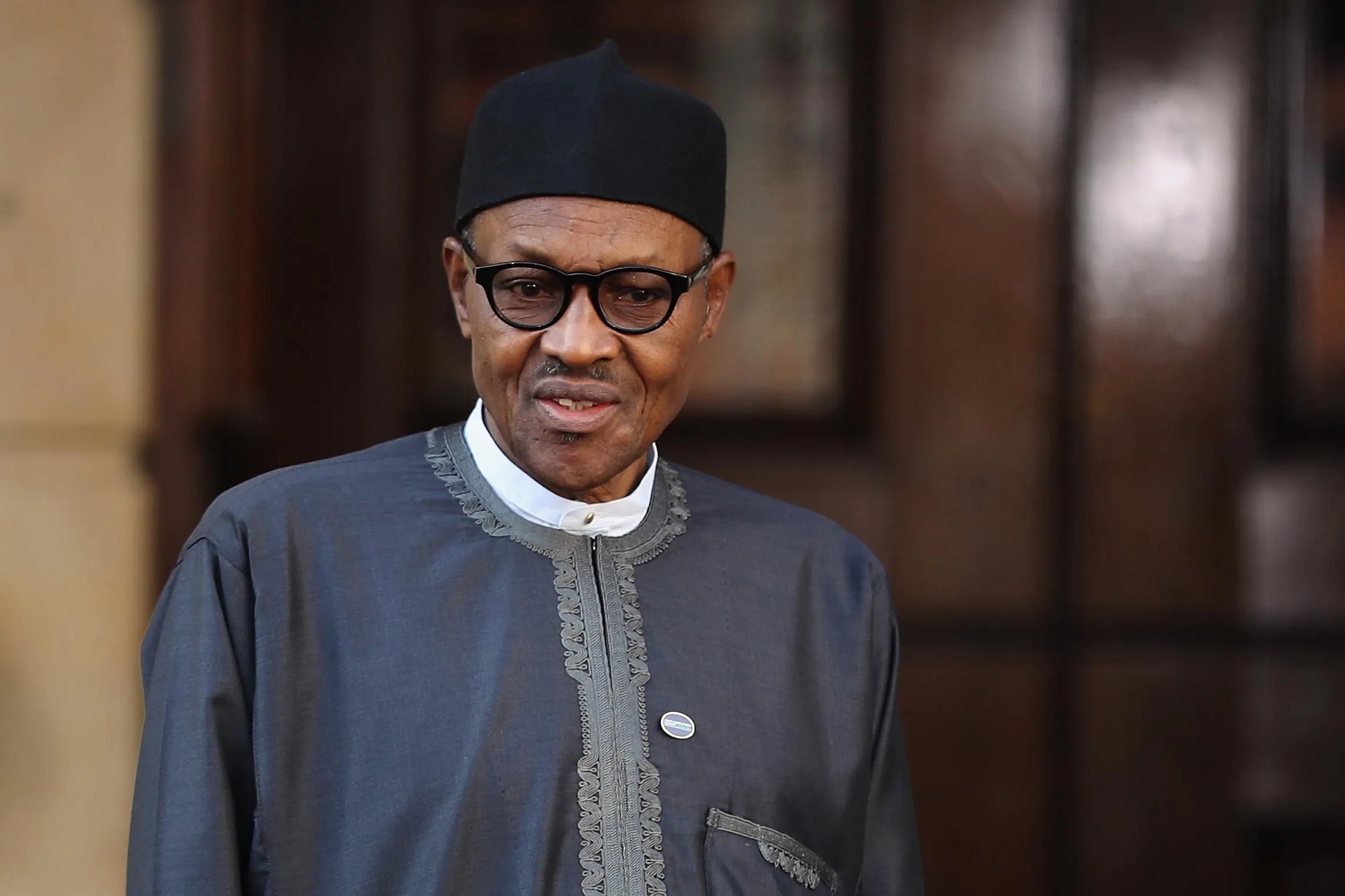The Federal Government of Nigeria has declared Tuesday, July 15, 2025, a national public holiday to honor the late former President Muhammadu Buhari. This declaration is part of a seven-day period of national mourning announced by President Bola Tinubu following Buhari’s death. While the government has presented this as a time for respectful remembrance, the decision has opened up a national conversation, with many Nigerians using the period of mourning to reflect on the complex and often controversial legacy of their former leader.
A Time for National Reflection
According to a statement from the Minister of Interior, Olubunmi Tunji-Ojo, the public holiday is a mark of respect for Buhari’s service to the nation, his integrity, and his contributions to Nigeria’s democracy. The government has urged citizens to use the day to reflect on the values Buhari upheld and to promote peace and national unity, which were central to his vision. As part of the national mourning, all flags across the country are to be flown at half-mast for seven days. The Northwest governors have also joined in the official mourning activities, showing solidarity with the federal government’s decision.
Tributes from Leaders
The official period of mourning has seen tributes pour in from various Nigerian leaders. President Tinubu is leading the nation in paying respects and is expected to attend the burial in Daura. Other former leaders, including those who were once political rivals, have also shared messages of condolence. Former President Goodluck Jonathan described Buhari as a leader who served with integrity and patriotism, while even former military ruler Ibrahim Babangida, who overthrew Buhari in 1985, praised him as a “moral compass” in public life. These official statements paint a picture of a respected statesman whose passing is a great loss to the nation.
A Controversial Legacy and Public Debate
However, outside of official circles, the national mourning has sparked a much more complicated and divided conversation. For many Nigerians, particularly the youth, honoring Buhari’s legacy is not a simple matter. His presidency was marked by significant challenges that have left deep scars on the nation. While his supporters praise his anti-corruption stance, his critics point to a period of severe economic hardship, rising insecurity, and a government that seemed disconnected from the struggles of ordinary people.
The memory of the EndSARS protests in 2020 is especially fresh. The government’s suppression of the youth-led movement against police brutality remains a painful chapter for many. As a result, the call for a national mourning has been met with mixed feelings. On social media platforms, discussions are filled with personal stories of hardship under his administration, alongside debates about whether a leader with such a controversial tenure should be honored with a public holiday.

Here is a quote that reflects this public sentiment from a Nigerian youth activist:
“To officially be in mourning feels strange. We are remembering a leader, yes, but many are also mourning the opportunities lost and the voices silenced during his time in power. It’s a period of very mixed emotions for the country.“
A Nation United in Mourning, Divided in Memory
The public holiday and the seven days of mourning have, in a way, united the country in a shared national experience. Offices are closed, flags are at half-mast, and the news is dominated by the passing of a former leader. But within this shared experience, the nation is deeply divided in what it is remembering.
While some are mourning the loss of a man they saw as a disciplined and honest leader, others are using this time to mourn the state of the nation he left behind. The period of mourning has become a platform for a national dialogue about what it means to lead Nigeria and what kind of legacy is worth celebrating.
The government’s call for reflection on Buhari’s values of peace and patriotism is being interpreted differently across the country. For some, it is a reminder of his commitment to a united Nigeria. For others, it is a difficult request, given the divisions and conflicts that grew during his time in office.
Looking Ahead
As the nation observes the public holiday, the conversation about Buhari’s legacy will continue. The period of mourning is not just about looking back; it is also about looking forward. The debates happening now will shape how future leaders are judged and what Nigerians expect from them.
The government’s decision to declare a public holiday is a traditional mark of respect for a former leader. However, in a country as diverse and outspoken as Nigeria, such official acts of mourning are no longer simple formalities. They are moments for the public to engage with their history, to voice their opinions, and to demand a better future.
The seven days of mourning will end, but the debate over Buhari’s place in Nigerian history has just begun. He was a leader who inspired both loyalty and opposition, and his passing has shown that both sides are determined to have their voices heard.
Stay woke. Stay tuned. Stay with AKEWE NEWS.